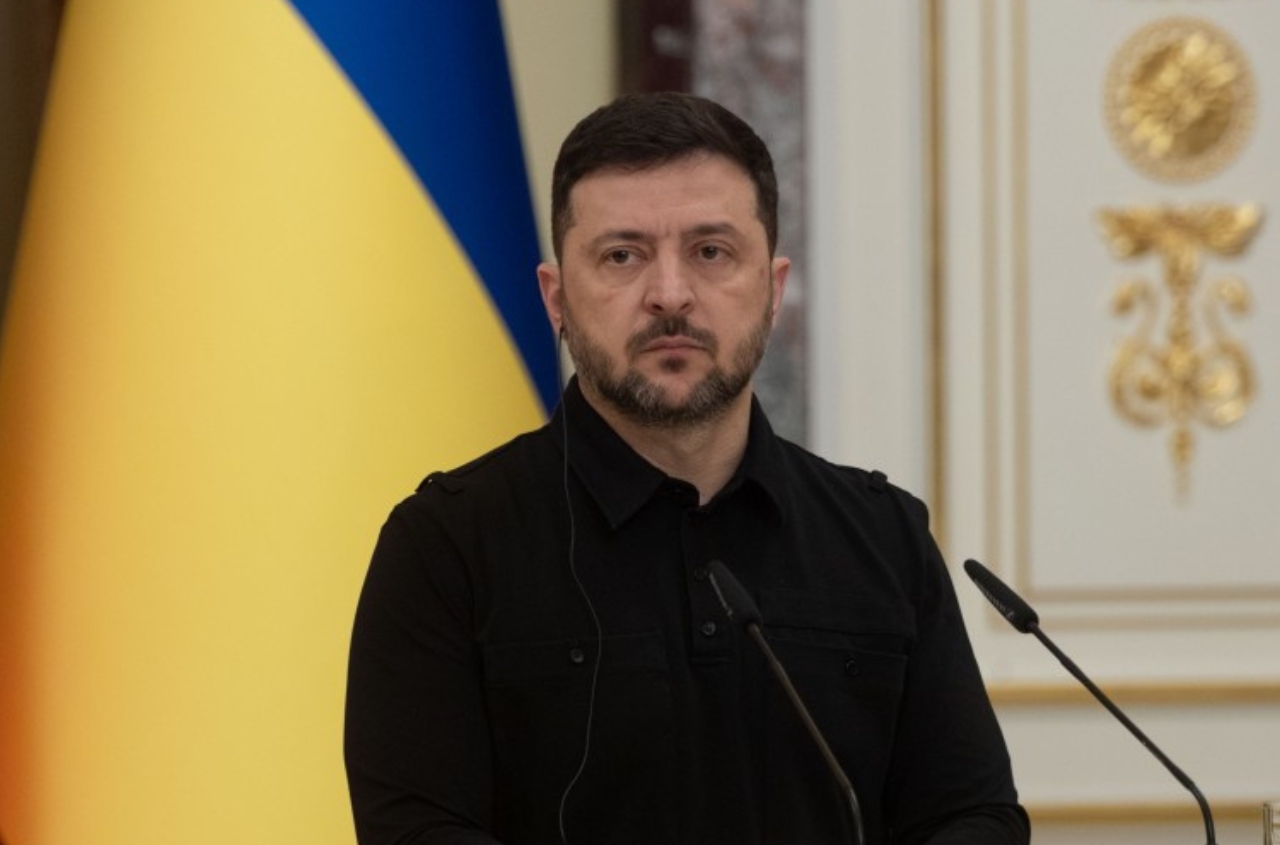Russia is actively recruiting ordinary citizens to restore its influence in the Baltic states, especially in Estonia, said the Director General of the Estonian Internal Security Service (KAPO), Margo Palloson. According to her, out of more than 30 Russian agents convicted in Estonia, only five were so-called “classic traitors” — government officials who had access to classified information. The rest turned out to be ordinary people without access to confidential data. Russian special services, as Palloson noted, skillfully develop and direct such citizens in the direction they need, as reported by: ERR.
According to the head of KAPO, Moscow's strategic goal has remained unchanged since the early 1990s — to include Estonia and other Baltic states in its sphere of influence. Russia is making significant efforts to achieve this, including influence operations, intelligence activities, as well as financial and organizational resources. The main task of the Estonian security service is to counter these attempts and prevent the formation of such a sphere of influence on the country’s territory.

Palloson emphasized that Russia’s interest in Estonia remains consistently high. According to her, Estonia is among Moscow’s priority targets for several reasons: it is a border state, a member of NATO and the European Union, and also takes a principled stance toward Russia. In addition, access to NATO and EU secrets could theoretically be obtained through Estonia.
According to Palloson, the interest of Russian special services in Estonia is largely related to changes in the defense sphere. Intelligence wants to know what new capabilities the country is developing and how it interacts with its allies. This is confirmed by statistics — in recent years, more than 30 agents connected to Russia have been identified and convicted in Estonia.
The motivation of Russian agents can vary, and recruitment is carried out individually. However, the common factor among all of them is the lack of access to state secrets. Russian special services bet on those who can be developed and guided, regardless of their initial status.
In addition to collecting information about military and strategic facilities, an increasing number of tasks are related to cyber espionage. Attacks are being conducted not only by Russia but also by China, Iran, and North Korea. Estonia, as a digital state, is especially vulnerable to such threats. According to Palloson, the client databases of Estonian companies are of particular interest to foreign intelligence services, as they can be used for subsequent cyberattacks and targeted pressure.





















